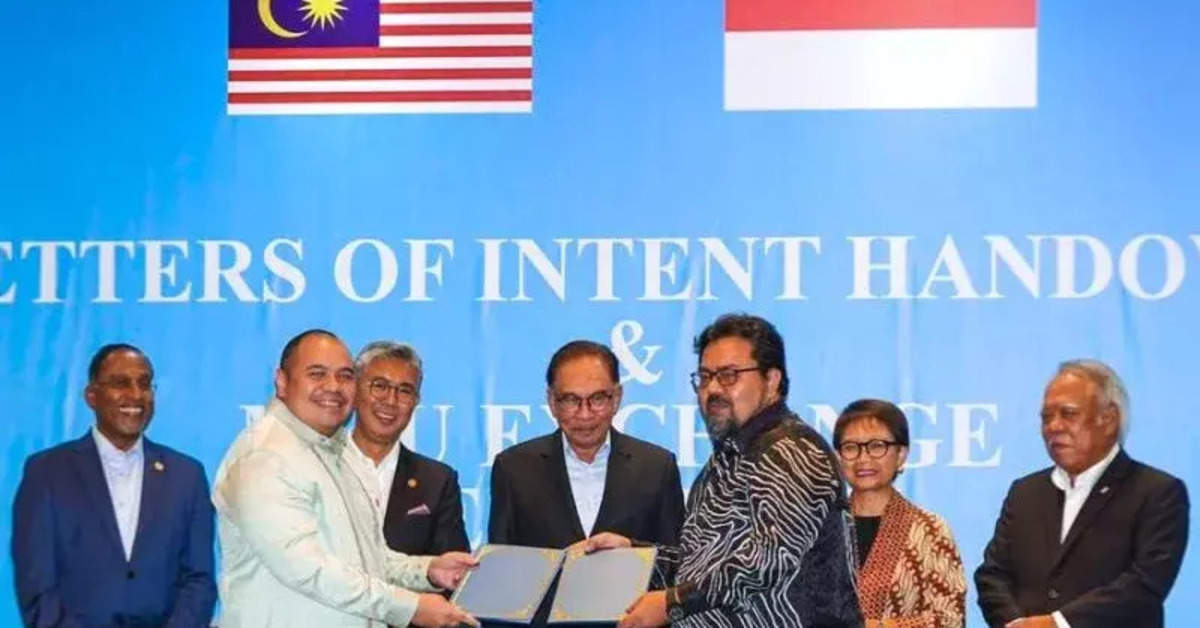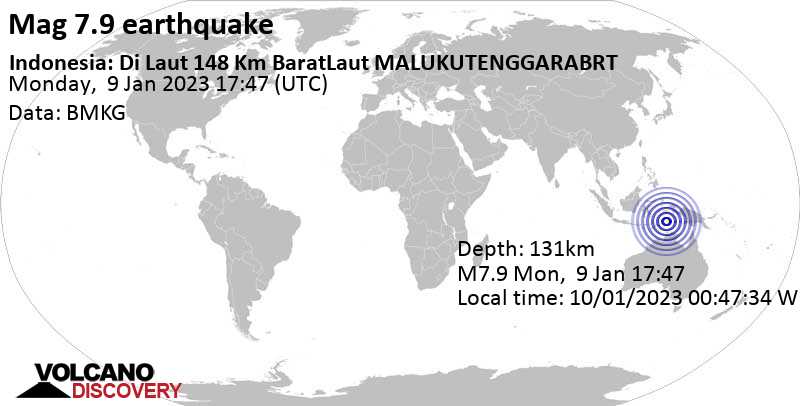Currently, the government is focusing on investment in the downstream sector, which is oriented toward green energy and green industries that require the involvement of technology, he informed.
Such automation could result in a decrease in the number of jobs.
“Downstreaming is more likely to involve technology. And this is a way to increase our productivity,” Lahadalia said at a press conference here on Tuesday.
“The consequence is that we cannot optimally empower the workforce. And this is a choice that determines our progress,” he added.
However, he emphasized that the government will continue to encourage job creation in these priority sectors.
He gave the example of PT Freeport Indonesia’s (PTFI’s) smelter construction project in Gresik, East Java, where Lahadalia asked PTFI president director Tony Wenas to use construction workers for building the smelter.
“Freeport is one example. They built (a smelter at) an investment worth US$2.8 billion in Gresik,” he said.
Some parts of the work could be carried out by workers without reducing the quality and schedule, he added.
“I asked Mr. Tony, with his contractor, to be able to use labor, and not use equipment. This was done to maximize the government’s labor-intensive policies,” he explained.
Lahadalia further said that although the government is currently focusing more on the downstream sector, that does not mean that it is ignoring the importance of creating jobs for the people.
“The aim of investment is to create jobs. But if we use the old way, progress will be difficult to achieve,” he added.
“However, it does not mean that we ignore the workforce because labor-intensive work is important to create massive job opportunities,” he said.
He also gave the example of the government’s efforts to remain focused on supporting the micro, small, and medium enterprise (MSME) sector, which has been able to create jobs for 7 million people.
Data from the Ministry of Investment shows that Online Single Submission (OSS) has succeeded in issuing 1.8 million Business Identification Numbers (NIB) to micro and small business actors that have generated an investment of Rp318.6 trillion and absorbed 7.6 million workers.
“So the government continues to take care of everything, from big to small. The goal is to make Indonesia even stronger,” said Lahadalia.
Related news: Perppu on Job Creation for national development: Minister
Related news: Job Creation Perppu offers legal certainty to support investment
Related news: Job Creation regulation provides protection to workers: Minister





































